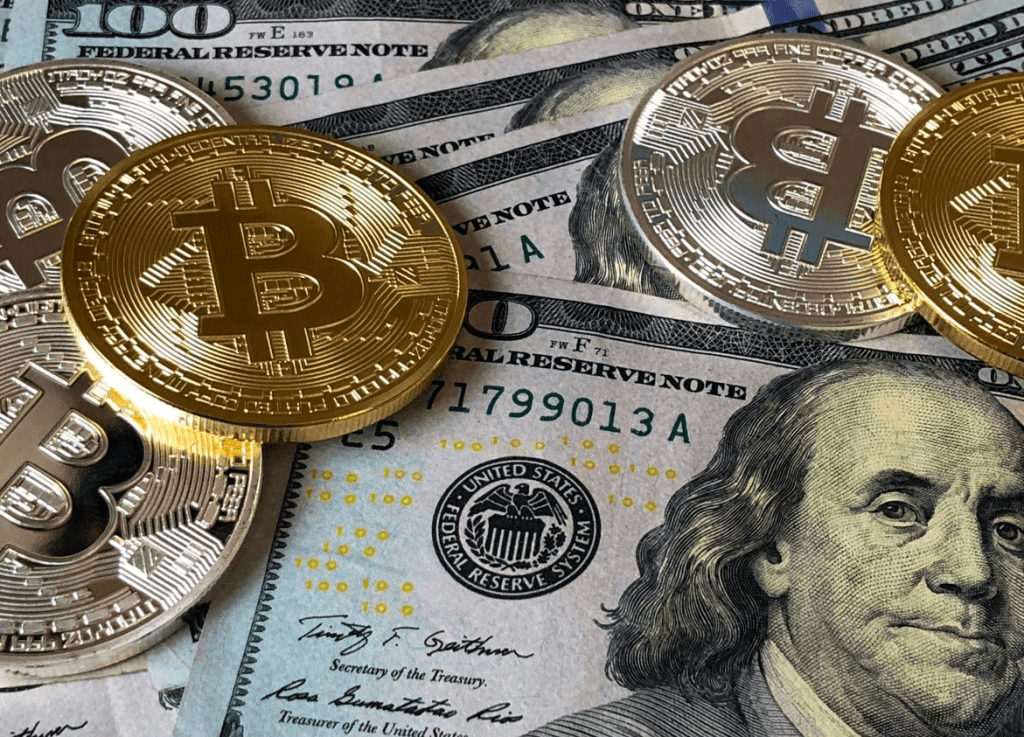The increasing institutional adoption of Bitcoin in the United States is reaching new milestones as several key states make moves toward forming strategic reserves of the cryptocurrency. These developments closely follow the federal proposal known as the “Bitcoin Act” introduced by Senator Cynthia Lummis, signaling a potential redefinition of Bitcoin’s role and a significant global expansion of its influence, which could also impact its price significantly.
Key States Leading the Charge
Among the states taking the lead, Texas stands out with its robust economy and innovative culture driving this trend. The state boasts a well-established Bitcoin mining industry and pro-Bitcoin policies, making it an ideal candidate for such initiatives. Texas Senator Charles Schwertner has introduced Bill SB 778, which aims to establish the first strategic Bitcoin reserve in the United States.
North Carolina is also making significant strides with the “NC Digital Assets Investments Act” or House Bill 92, which would enable the state to invest up to 10% of its funds in Bitcoin-related financial products, likely including ETFs. This development could elevate the already substantial $750 billion ETF market as states adopt this investment vehicle.
In addition to these two major states, others such as Utah, Arizona, South Dakota, and Kentucky are seriously considering similar reserve initiatives, highlighting a growing trend across the nation.
Motivations Behind These Reserves
The primary reason driving these states to include Bitcoin in their reserves is asset diversification. By investing in Bitcoin, they aim to expand their holdings beyond traditional assets and historical gold reserves.
Moreover, Bitcoin is perceived as a hedge against inflation, often referred to as “digital gold.” This perspective has gained traction, especially in governmental contexts where establishing reserves could offer additional stability.
Innovation is also a significant factor; these measures could stimulate creativity within the states, aligning with broader technological advancements. If states embrace this technology, public apprehension may decrease, fostering a more favorable environment for its adoption.
Additionally, these reserves could provide a financial boost to local businesses within the digital asset sector, creating a ripple effect that benefits the state’s economy.
As pioneering states position themselves to reap the benefits of this cryptocurrency, others that hesitate may find themselves at a disadvantage. As demand for Bitcoin grows due to these initiatives, the price is likely to rise, bolstered by speculation and actual purchases.
Impact on Bitcoin with the Establishment of These Reserves
The dynamics of supply and demand will inevitably reflect in Bitcoin’s market value as states begin investing substantial sums—potentially millions or even hundreds of millions—into Bitcoin reserves. Such actions would likely propel prices to new heights, fueled by cataclysmic speculation and ongoing purchases.
Additionally, the establishment of state reserves could bolster consumer trust in Bitcoin, potentially encouraging both retail and institutional investors who have been cautious about digital assets to make significant investments.
Ultimately, the strategic development of Bitcoin reserves by these American states marks a pivotal moment in the cryptocurrency landscape. Should these initiatives come to fruition, this could herald a new era of institutional and international acceptance for Bitcoin, positioning the United States as a pioneering force in this movement.
For observers and enthusiasts in the cryptocurrency space, this is a call to stay informed and consider securing their assets ahead of these transformative changes.
Disclaimer: Cryptocurrencies are a high-risk asset class. This article is for informational purposes only and does not constitute investment advice. You may lose your entire capital.
Further Reading:
- Italy may lower its crypto taxes: a model for France?
- The CFTC may supervise cryptocurrency regulation: a boon or a crisis?
- This new ETF could disrupt the cryptocurrency market.

Meet William, a proud Bethel University alumnus with a fervent passion for lifestyle and culture topics. His keen interest doesn’t stop there; he’s also deeply engrossed in current events of all kinds. William dedicates himself wholeheartedly to this site, thriving on the collaborative energy he shares with Suzanne, his long-standing partner in crime.
Having navigated their university courses side by side for years, their teamwork on the site is nothing short of dynamic. Together, they bring a unique blend of insights, proving that two heads are indeed better than one in delivering compelling content.













